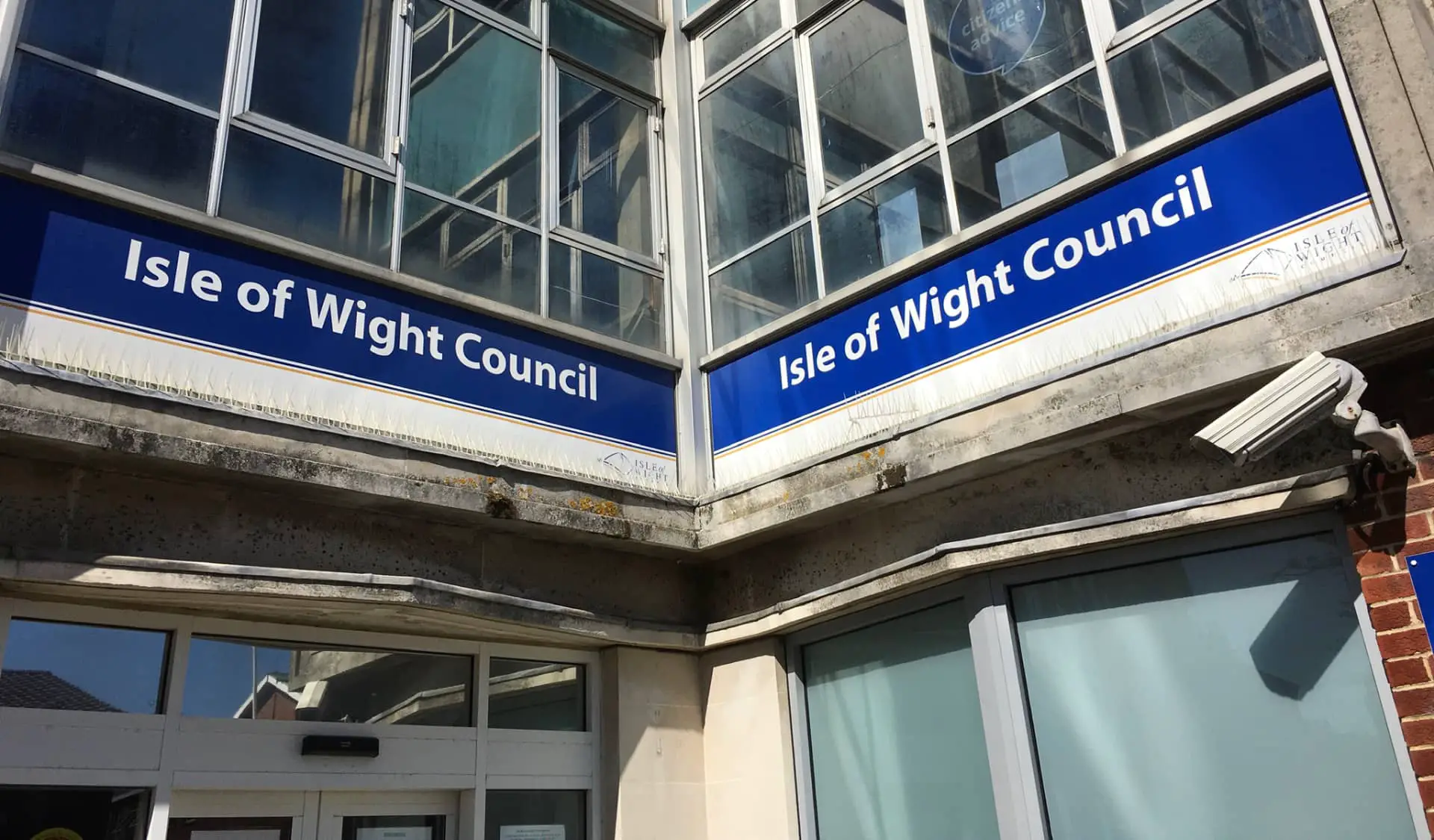Islanders have been sharing their views on how the Isle of Wight Council’s budget should be spent next year.
Residents were asked to take part in a consultation to help councillors and council staff understand key priorities for the coming year, with the continued reductions in government funding, high inflation and rising energy costs.
1,100 surveys completed
Almost 1,100 surveys were completed — compared to 682 last year and 501 the year before — while a series of meetings were organised for stakeholders from town, parish and community councils, the business sector, unions and voluntary sector.
The feedback was used to help shape the 2023/24 budget, which was published last week.
Increase in Council Tax
Given the significant financial challenges, the consultation asked people if they thought the council should increase council tax or make deeper cuts to services.
In total, 74 per cent opted for an increase of one, two, three or more than three per cent — the most popular choice was for a three per cent rise (30 per cent of respondents).
Meanwhile, 62 per cent supported an adult social care levy on council tax of two per cent to offset at least some of the inflationary pressures and to protect the most vulnerable from the worst of the impacts.
Bridging the funding gap
To help towards bridging the funding gap, residents were asked if they would prefer to see an increase in fees and charges for discretionary services — those services the council are not required to provide by law but do so because of their value to the community — or reduced levels of service.
Of respondents, 85 per cent said they would prefer to see services maintained, with 46 per cent supporting a modest increase — the most popular option — in charges.
Where to spend remaining funds
The consultation asked residents where the council should spend any remaining funds once it had met all of its statutory obligations.
Almost 40 per cent ranked ensuring older people and vulnerable adults are looked after and supported to live independently as their first priority. The second ranked priority was supporting education, early years and children with special educational needs.
Spending on one-off projects
Finally, residents were asked about spending on one-off projects.
Around 44 per cent ranked investing in sea defences and flood protection as their first priority. The second ranked priority was schools and specialist provision for children with additional needs.
During the consultation many people spoke about the need to build more affordable housing on the Island.
Improving cycle paths and public transport, encouraging business investment and tourism, utilising empty properties, removing or reducing car parking charges and improving efficiency were also common themes.
Jarman: There is much more to be discussed
Cllr Chris Jarman, Cabinet member for strategic finances, said,
“I sincerely thank everyone who took part in this year’s budget consultation. We are having to consider very carefully how we allocate our limited resources to provide the best services for Island residents.
“There is much more to be discussed and we will be keenly listening to the views people express when they have read what we are putting forward.”
The budget proposals will be discussed at the council’s Corporate Scrutiny Committee later today (7th February), then presented at the Cabinet meeting on 9th February, with the final budget debated and voted on at Full Council on 22nd February.
News shared by Isle of Wight council press office, in their own words. Ed





